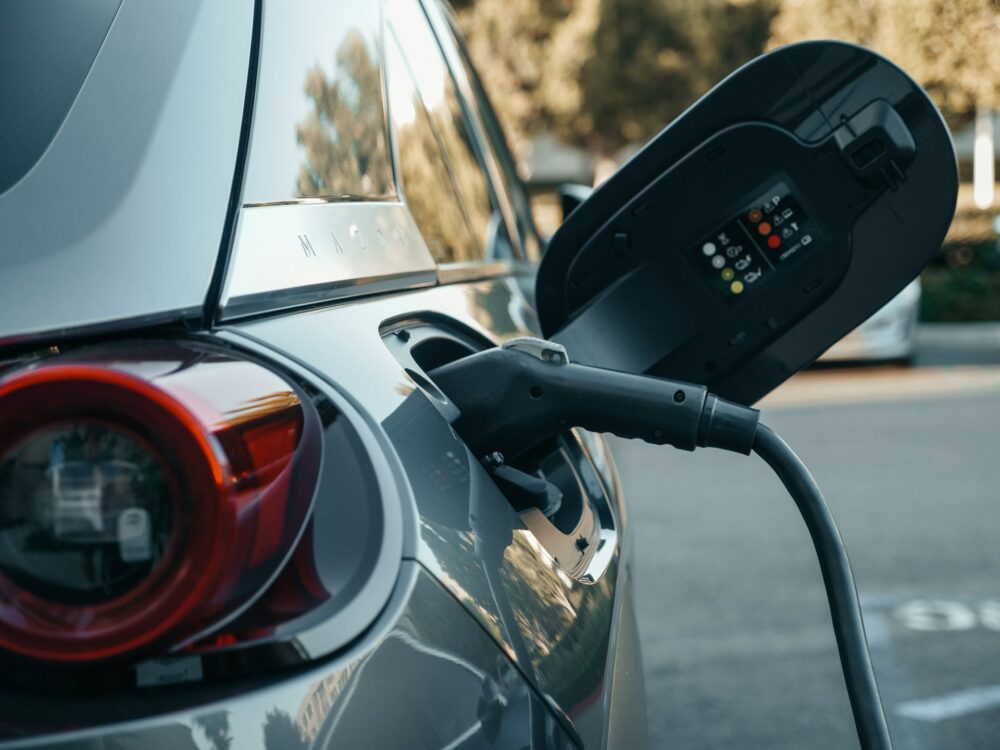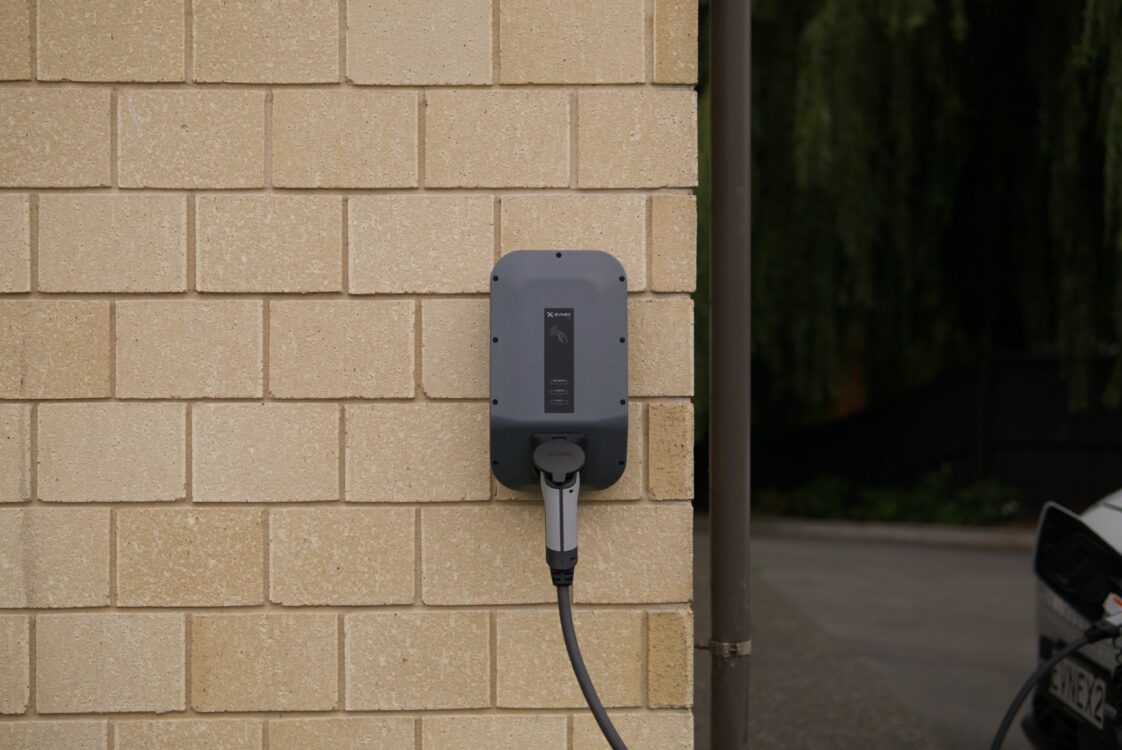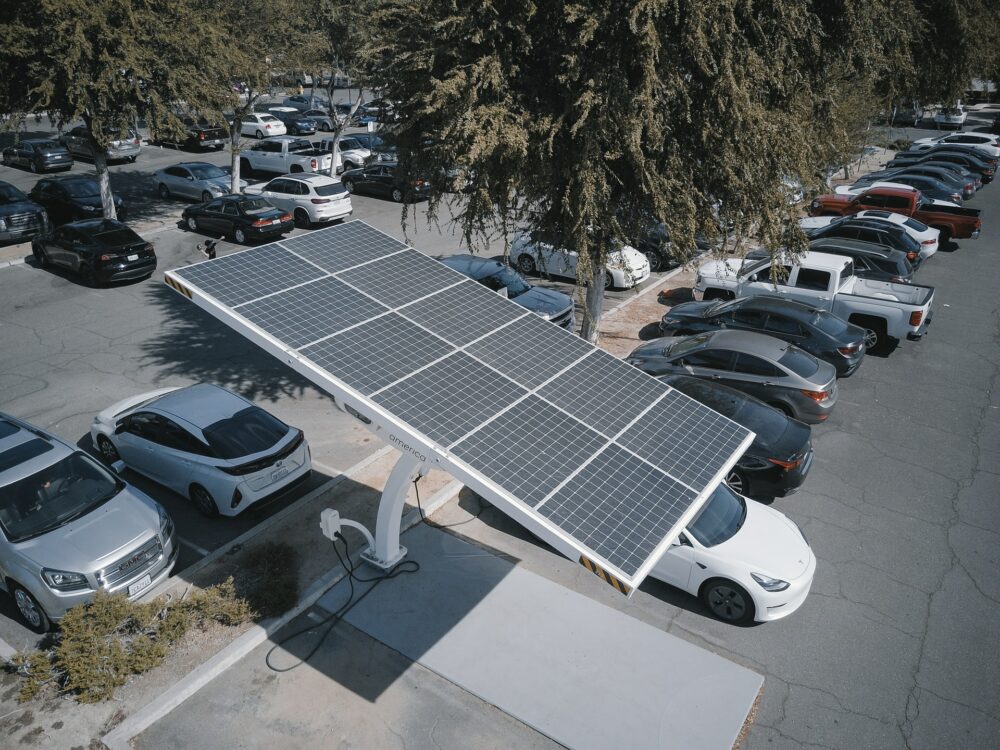Electric vehicles are becoming more and more popular, but one of the challenges for people considering buying one is how to get it charged properly. While there are public charging stations in numerous places, many people choose to install an electric vehicle (EV) charger in their home to make it more convenient. The question then becomes, are EV chargers worth the costs you pay to have them installed? The answer depends largely on what type of charger you end up buying.

The Basic Types of EV Chargers
Chargers for electric vehicles are sold as Level 1, Level 2, or Level 3 chargers. Here are some basic differences between them:
- Level 1: These chargers use 120 volts and provide you with 3 to 5 miles per charging hour.
- Level 2: These chargers use 240 volts and provide you with 15 to 40 miles per charging hour. They can be found either in public chargers or in homes.
- Level 3: These chargers are not for home use because they require more power than a home power supply provides. Still, they provide roughly 120 to 150 miles per charging hour.
Both Level 3 and a fourth type of charger – a rapid charger – are not for home use but instead are intended for use with public EV chargers.
If you look at your electrical outlet, you’ll notice there is one on top of the other. Each of these is 120 volts and therefore gives you a full 240 volts of power. In case you’re wondering, you can indeed plug in an EV car charger to a standard 120-volt outlet. The only thing you must remember is that if you are installing an EV charger in your home, you have to have it installed by a professional electrician. Never try to install an EV charger on your own because it is too dangerous.
These things being said, keep in mind that a Level 1 charger is very slow, so if you have long commutes every day, this is not the charger for you. On the other hand, a Level 2 charger can provide you with 15 to 40 miles for every hour you charge it, so unless your commute is ridiculously long, you should consider this type of charger instead.

What About the Costs?
As a general rule, the typical electric car gets 3-4 miles per kWh, so if you calculate the number of miles you put on your car each month by how much you are being charged per kilowatt hour, you can easily figure out how much you’ll be paying extra on your utility bill. Average costs range from $25 to $65 per month, so you have to consider if it is worth it based on your income and your budget. But keep in mind that you’ll no longer be paying for gas, or you’ll be paying very little for it. This is why most drivers of electric vehicles consider an EV charger in their home to be worth the price.
In the end, the decision must be yours. You’ll also have to consider the price of the charger and the cost of hiring an electrician, but these are one-time costs and won’t affect your monthly budget. Still, if you want an electric vehicle, the convenience of having an at-home charger can be worth a lot.

